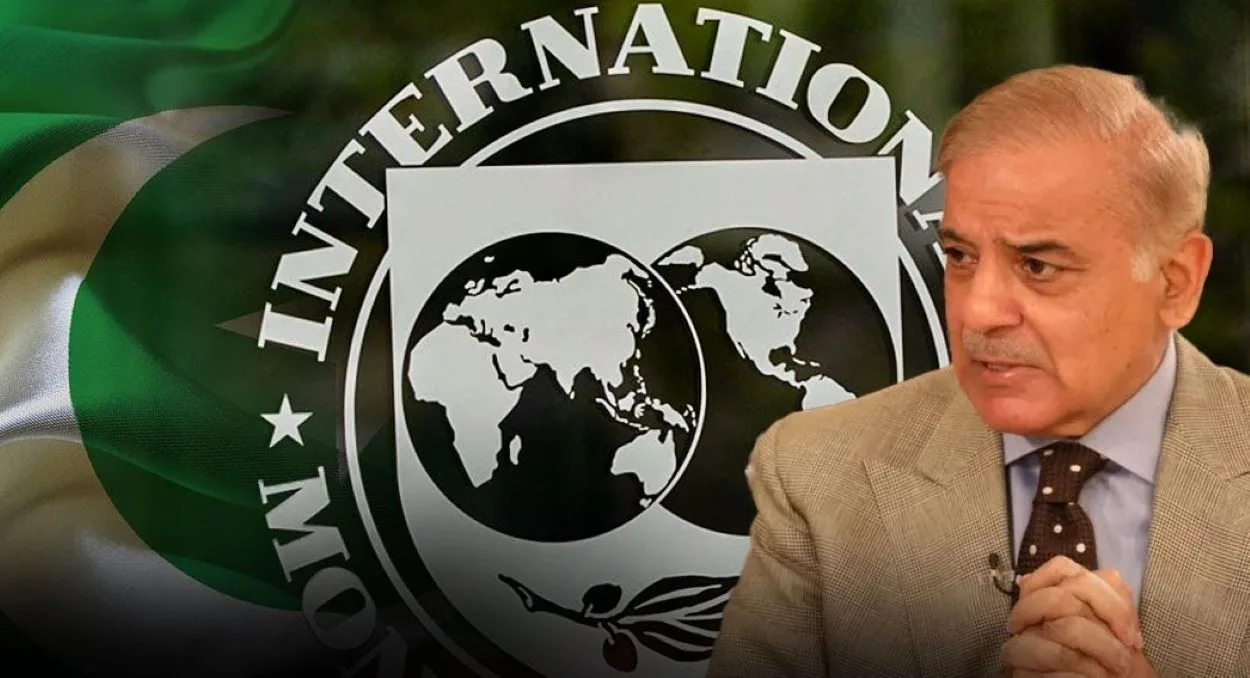Islamabad: The International Monetary Fund (IMF) and Pakistan have reached a staff-level agreement for an additional $1.2 billion in financial support.
According to an official statement, the IMF has approved a $1 billion tranche under the ongoing 37-month loan program. Additionally, they have approved $200 million for climate resilience projects.
The statement said Pakistan met key economic targets, satisfying the IMF mission that visited the country from September 24 to October 8. Talks continued after the delegation’s departure. They have since concluded successfully.
Pakistan recorded a 1.6% primary surplus, despite challenges caused by floods. Authorities also continued implementing tax reforms and prepared an action plan to address any future shortfalls. Both federal and provincial governments will jointly allocate additional funds for flood recovery and social support.
The IMF acknowledged Pakistan’s social sector progress, including higher allocations for the Benazir Income Support Programme (BISP). These steps aim to reduce poverty and improve access to education and healthcare.
Read: Pakistan and IFC Agree to Accelerate Reko Diq Project Financing
Pakistan’s fiscal deficit is now at its lowest level in 14 years, reflecting improved tax policy and effective governance. The establishment of a Tax Policy Office is expected to reduce reliance on temporary revenue measures. Meanwhile, the State Bank of Pakistan will continue a tight monetary policy. This aims to control inflation within 5–7%, stabilise foreign exchange reserves, and ease external payment pressures.
In the energy sector, Pakistan has pledged to reduce circular debt, ensure timely cost recovery, and pursue privatisation to improve efficiency and cut public enterprise losses. The IMF also urged Pakistan to limit government interference in agriculture. They should enhance food security and boost global trade competitiveness.
Under its RSS program, Pakistan is required to meet climate commitments. These include reducing emissions, improving water management, and advancing clean energy reforms.






